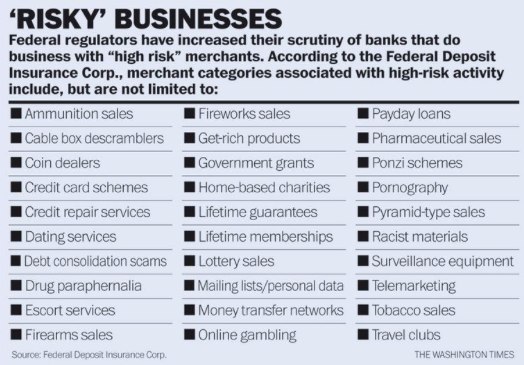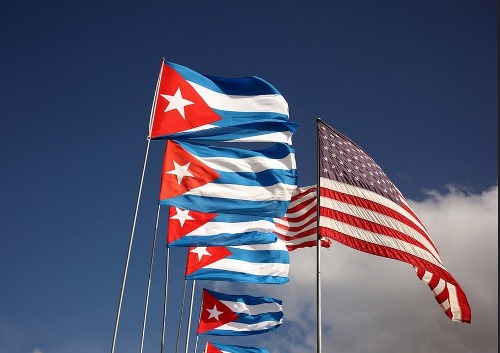News: Tobacco Groups Push for FDA Regulation Date Fix
3 Dec 2015

While the clock counts down until the FDA deeming rule regulating premium cigars and OTP (other tobacco products) becomes law, tobacco industry groups impacted by the forthcoming rule continue to work to lessen the damage of FDA regulation.
The long-term stifling of innovation by FDA regulation would be devastating given the cost of bringing new cigars to market, but in the short-term the impact would be even more drastic. As we’ve explained before, FDA regulation could likely wipe out every new cigar introduced since February 15, 2007, which would retroactively be subject to FDA approval.
Given the constant innovation and hundreds of new products introduced every year, estimates claim 80% or more of the handmade cigars sold every day could be wiped out by the rule. (In theory, such products could be approved as “substantially equivalent†to products that were already on the market in 2007, but the process is extremely complicated and the FDA hasn’t shown any ability or willingness to approve new tobacco products.)
For other tobacco products, like e-cigarettes, for which there were virtually no substantially equivalent products on the market prior to 2007, the impact would be even larger. Because of this, a variety of industry groups have coordinated a push to change any grandfathered date in the deeming rules.
The simple fix would make it clear that a product cannot be subject to pre-market review by the FDA if it is introduced to market before that type of product is deemed a tobacco product for purposes of FDA regulation. The language has been introduced as House Bill 2058, but to improve the odds of it being codified into law advocates have been trying to attach the legislation to the appropriations bill that covers FDA funding.
With rumors swirling that the FDA rule sent to the White House for final approval doesn’t contain “Option 2,” which would at least exempt cigars with a retail price above $10 from FDA pre-approval, a change of the grandfathered date is particularly important. Otherwise, cigars ranging from San Cristobal (introduced in 2007) to Sobermesa (introduced last month) could be wiped out.
Currently, the FDA maintains the date cannot be changed from the 2007 date, which was included in the bill that ordered the agency to regulate cigarettes. While others have questioned that interpretation, the stance makes a legislative fix necessary.
The language has already been attached to the House appropriations bill. Now advocates are hoping to attach it to the accompanying Senate appropriations act, with hope, if it passes, pressure would prevent President Obama from vetoing the large bill over this one relatively small issue.
–Patrick S
photo credits: Stogie Guys

 That’s because Columbus is widely credited with introducing the tobacco plant to Europe, which set in motion a series of events that culminated in the cigar industry we see today. It was during Columbus’ voyages to the new world that Europeans first encountered the tobacco plant.
That’s because Columbus is widely credited with introducing the tobacco plant to Europe, which set in motion a series of events that culminated in the cigar industry we see today. It was during Columbus’ voyages to the new world that Europeans first encountered the tobacco plant.

 Patrick Ashby
Co-Founder & Editor in Chief
Patrick Ashby
Co-Founder & Editor in Chief Patrick Semmens
Co-Founder & Publisher
Patrick Semmens
Co-Founder & Publisher George Edmonson
Tampa Bureau Chief
George Edmonson
Tampa Bureau Chief